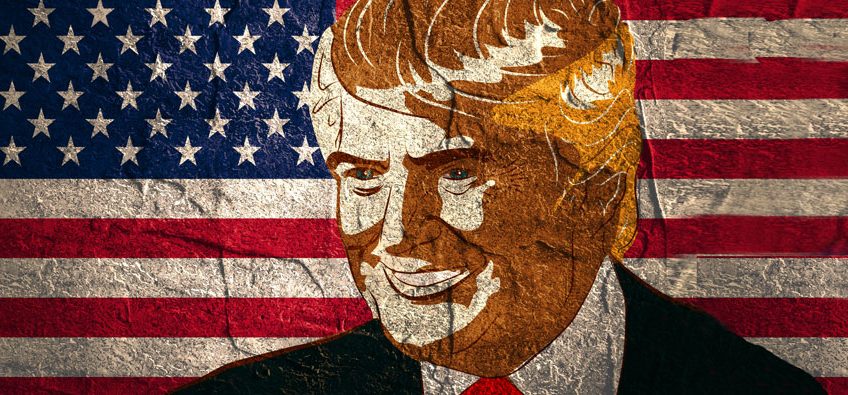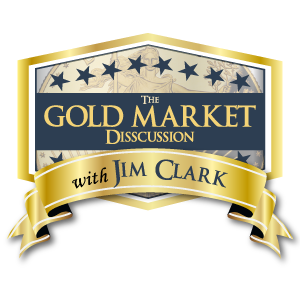
Impeachment and the Stock Market

President Trump says that if he is impeached, the stock market will crash.
We think that he is right.
We also think the stock market will crash even if he is not impeached.
That is because stocks are kept aloft by monetary policy. It is a neat trick, to appear to levitate the entire economy by monetary magic and the printing press, but that is an illusion that will shatter.
We have made the case for the illusory stock gains conjured by the Federal Reserve many times and in many ways. See here, here, and here.
In the last few days, a few Wall Street professionals have been trying hard to make the case that the impeachment of the president could actually be good for stocks. We think they are trying too hard to lipstick the pig. The economic fundamentals still apply as time goes by; uncertainty and turmoil are good for gold, not for stocks.
Interest rates fell sharply throughout 1974, the year the Nixon impeachment proceedings began and the year of Nixon’s eventually resignation. Lower rates didn’t help the stock market. In fact, there is no nice way to put it: Hard on the heels of Nixon repudiating the US promise to redeem dollars in gold, the stock market basically collapsed in 1973 and 1974. It didn’t matter what the Fed did. It desperately tried everything from sharply higher rates to sharply lower rates.
The Clinton impeachment took place in a qualitatively different period. By the beginning of 1998 the scandal was racing along. Clinton had denied his affair with intern Monica Lewinsky and had urged her to file a false affidavit and had coached his secretary to lie about related events. In September, the Clinton report by Independent Counsel Ken Starr was released. By October, the House had initiated formal proceedings.
The stock market had suffered substantially already by the time of the Clinton impeachment in 1998, thanks to a variety of major financial developments: the 1997 Asian Crisis, the Russian default and the 1998 collapse of the hedge fund Long-Term Capital Management. In late August 1998 the Dow Industrials suffered its second worst one-day loss ever. It fell 512 points that day, and was more than 19 percent below its all-time highs.
In the fall of 1998, the Fed funds rate was over 5 percent. Unlike today, there was meaningful room to cut rates more. The Fed obliged.
It is true that the market rallied in the final months of the Clinton proceedings, which wound down with his acquittal in January 1999. But the Dow peaked nonetheless a year after the Clinton proceedings, in January 2000. The dot com Nasdaq bubble also peaked early that year, crashing from 5,000 to 2,000, a 60 percent collapse.
Since the Fed had been relentlessly forcing interest rates down almost without interruption for nearly twenty years, the crashes of 2000 were inevitable. Household debt to GDP climbed higher and higher. As David Stockman wrote, the 90s boom was rooted in a massive credit bubble.
Like today, the easy credit of the era was powerful fuel for stock bubbles. In fact, the dot come crash at the end of the Clinton presidency was only the first of three $5 trillion crashes in less than ten year. It was followed by the housing bubble and the stock market bubble that burst in 2008.
All evidence and precedent suggest another stock market crash is inevitable. We urge you to avoid the risk and to move to the safe havens of gold and silver – no matter what happens with the impeachment.
And remember that although Nixon left the presidency amidst the proceedings, while Clinton remained and finished his second term, the years following both Nixon and Clinton saw the birth of powerful gold and silver bull markets that lasted for years.
Protect yourself from the fundamentals of this biggest-of-all bubble. Protect yourself and profit with gold. Contact your RME Gold professional today.
